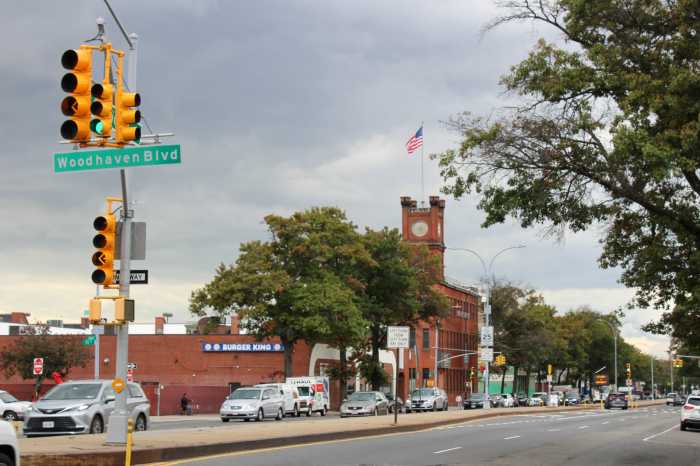Jason Raznick is the founder of Benzinga, a media and data technology startup empowering a new generation of investors. After launching in 2010, Benzinga.com has since grown to become a hub for actionable information on the capital markets with approximately 25 million readers a month and is the the most-read cannabis news source in the world. Raznick graduated from the University of Michigan, where he started multiple companies.
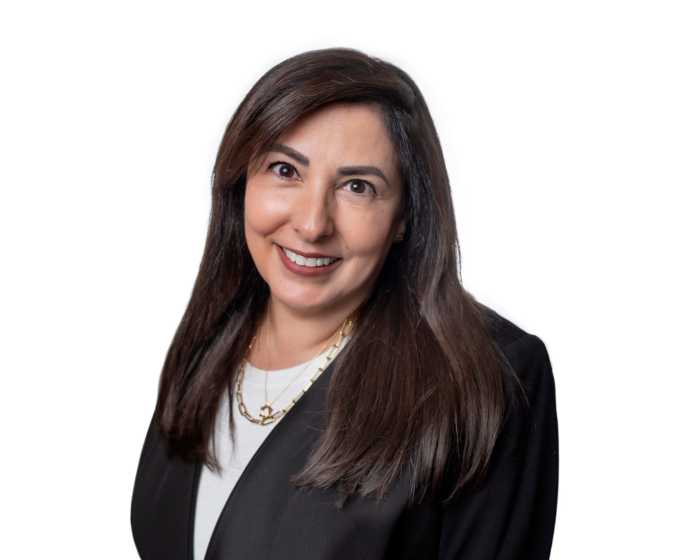
Lisa Reid
Managing Director, Mercury

Lisa Reid has been a proponent of cannabis legalization and racial justice for over a decade. She led the charge for access to medical cannabis in New York well before she secured the passage of the Compassionate Care Act in 2014. Lisa further solidified herself as an advocate for social justice by pushing for the MRTA, with a social equity approach designed to compensate those who were harmed by the cannabis prohibition.
Do you think there is a stigma around working in the cannabis industry and if so how do you work to overcome it?
My colleague Patrick McCarthy and I have been working on cannabis policy for more than a decade. The stigma associated with that has definitely shifted to more mainstream as more and more states come on line. The biggest stigma for people working in this industry is BANKING!
How can the cannabis industry work with health care and academic professionals to educate consumers about the benefits and risks of cannabis use?
Health care and academic professionals need to get out of their buildings and go see the actual industry; all aspects of the industry from grows to labs, to dispensaries. Incorporating the many facets of the industry into BOCES/college programs will help move the stigma in the right direction. Research is the best way to truly understand the benefits of cannabis which far outweigh the risks.
Where do you see the cannabis industry in New York 10 years from now?
In 10 years, I hope the industry looks very much like the alcohol industry in terms of access, craft branding and simply put part of the fabric of NY’s economy. NY is home to some of the best cannabis strains in the world! I hope NY will be successful in being the model for social equity and inclusion creating generational wealth for years to come!!
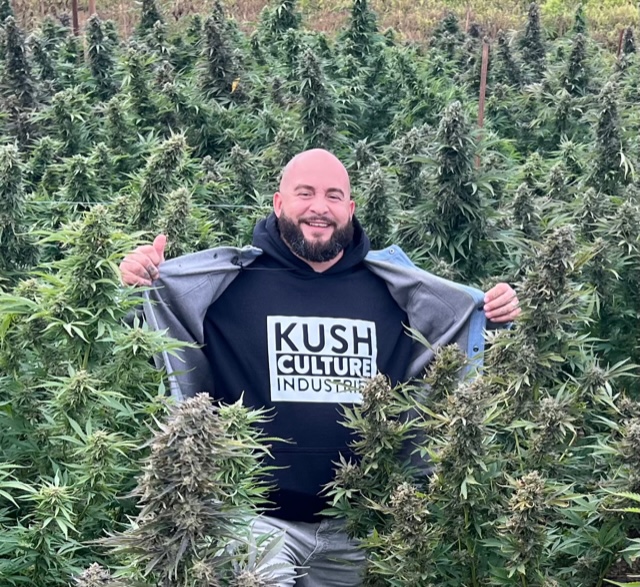
Jeremy Rivera
Owner, Kush Culture Industry

Jeremy Rivera is the owner of Kush Culture Industry, a Justice involved cannabis retail company that has been awarded a CAURD license for Queens. He spent over half a decade in the penal system for non-violent cannabis offenses. Jeremy is the co-founder of the New York CAURD Coalition, an organization providing resources, outreach, and assistance to CAURD applicants. Mr. Rivera is the owner of J&A Building Consultants, a NYC based construction safety compliance company.
Do you think there is a stigma around working in the cannabis industry and if so how do you work to overcome it?
There has always been stigmas surrounding cannabis, from the original propaganda of Reefer Madness, negative perceptions on adult recreational use, & concerns about safety. To overcome these stigmas a focus on education and outreach is key. Working with my community, educating them on regulations, laws & the facts related to the industry while building a trust & credibility through open communication will magnify the benefits of the cannabis industry and overcome any false narratives.
How can the cannabis industry work with health care and academic professionals to educate consumers about the benefits and risks of cannabis use?
Working collaboratively with health care and academic professionals the results are endless. Promoting training programs, sponsored research and education initiatives that focus on the benefits and risks of cannabis use, creating content that provides accurate and reliable information to consumers via social media. Together we can provide consumers with the correct information about the plant, which will help promote safe and responsible culture.
Where do you see the cannabis industry in New York 10 years from now?
New York will continue to grow, becoming the most equitable cannabis industry the nation has seen, creating opportunities for local entrepreneurs, and opening up thousands of job opportunities for men and women, with a special emphasis on those who were affected by over policing and the war on drugs. I see people like myself, justice involved, minorities of all backgrounds leading the industry, having created that lovely phrase we all love to use “intergenerational wealth.”
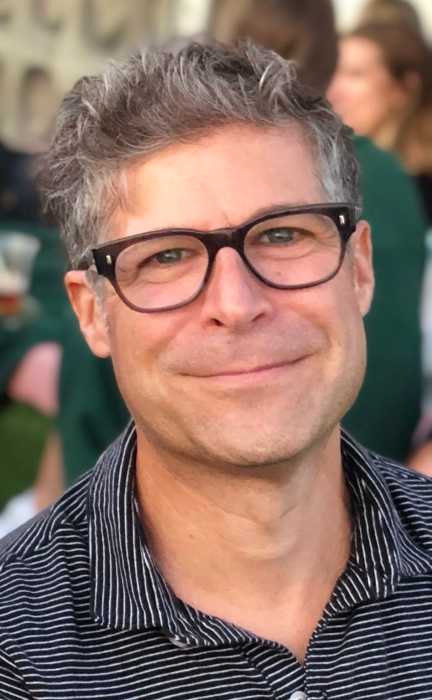
Andrew Rosner
Principal, HURSANA, LLC

Andrew is a health care attorney who co-founded Hursana, a company that works in the health care sector in creating medical cannabis programs, research projects, and develops evidence-based formulations. Andrew also founded HR Botanicals, an adult use cultivator that specializes in the wellness benefits of cannabis. He teaches a cannabis law class at Syracuse University. Andrew is one of the founders and vice president on the board of the Cannabis Association of New York (CANY).
Do you think there is a stigma around working in the cannabis industry and if so how do you work to overcome it?
I wish that I could answer differently, but I see stigma on a regular basis. People make statements that can be traced directly back to the years of prohibition. As an individual and member of different organizations, I feel it’s important to constantly address stigma directly with facts and evidence. We can all make a difference through educating the people around us and supporting organizations that do similar work.
How can the cannabis industry work with health care and academic professionals to educate consumers about the benefits and risks of cannabis use?
Working with experts to answer key questions will benefit consumers and the industry. Through taking an evidence-based approach, the industry can develop policies that address a range of questions. Partnerships with health care and academic professionals will allow companies to take the lead in innovation and thought leadership. Consumers will benefit from the research and knowledge that these partnerships generate. Professionals can help in disseminating this information through public health messaging.
Where do you see the cannabis industry in New York 10 years from now?
I visualize an economically vibrant, consumer-conscious, and diverse cannabis industry represented by New York-based small and mid-sized businesses. Cannabis will be an important part of the New York economy and provide well paying jobs and benefits. We will see healthy competition within the state that will create innovations and efficiencies. I unfortunately also see the risk of federal legalization that could apply pressure on the NY market through inviting unchecked out-of-state competition.
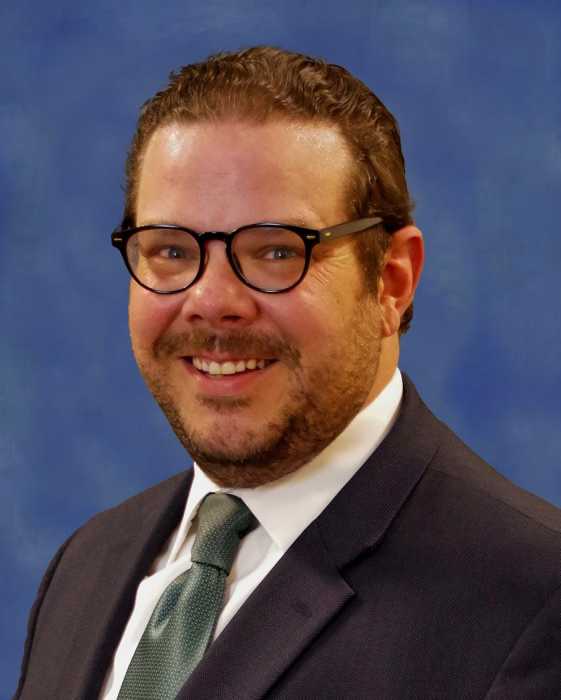
Joe Rossi
Cannabis Practice Group Leader and Managing Director, Park Strategies LLC

Before joining Park Strategies, Mr. Rossi served as assistant director of intergovernmental affairs for then-NYS Attorney General Andrew Cuomo. Prior to that, he served as political director of SEIU 200United. As a lobbyist, Joe is known to be a zealous advocate for his clients. In 2019, Mr. Rossi began representing the NYS Cannabis Growers & Processors Association, which is now the Cannabis Association of NY.
Do you think there is a stigma around working in the cannabis industry and if so how do you work to overcome it?
The stigma around the cannabis plant is quickly eroding, yet there is still a lot of miseducation about the legal cannabis industry in certain parts of American society. Anyone with a strong passion for the plant will ignore the critics and focus on the future of this burgeoning industry. As the old adage goes, “First they ignore you, then they laugh at you, then they fight you, then you win.”
How can the cannabis industry work with health care and academic professionals to educate consumers about the benefits and risks of cannabis use?
Health experts who understand cannabis can assist in developing evidence-based and sensible policies for the industry and consumers. New York provides fertile ground for research and development. Our facilities and experts are world-class. We have companies that focus specifically on medical and adult use cannabis research, like Hursana, LLC. Partnerships between local companies and healthcare experts will drive innovations and thought in this growing industry.
Where do you see the cannabis industry in New York 10 years from now?
By 2033, federal cannabis legalization will be the law of the land, which will be a monumental change for cannabis banking, insurance, interstate commerce, etc. And in 2033, New York City will be the cannabis capital of the world. Hopefully by then, the illicit cannabis stores in New York State will not outnumber the legal dispensaries, but I would not bet on it.
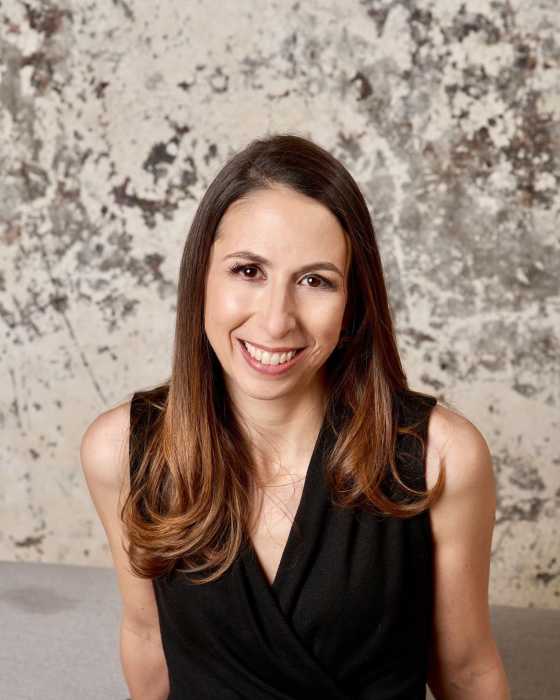
Lauren Rudick
Managing Principal, Rudick Law Group, PLLC

Lauren is the founder and managing principal of the new, female-led, boutique law firm, Rudick Law Group, with offices in NYC and Jersey City. She is a “recovering litigator”, refocused on cannabis business licensing and deal-making, representing prospective operators, investors, and ancillary businesses. Lauren writes for Marijuana Venture magazine and sits on the board of directors for the International Cannabis Bar Association as treasurer and Breeder’s Best, a record-label-style producer of unique cannabis genetics.
Do you think there is a stigma around working in the cannabis industry and if so how do you work to overcome it?
Sadly, yes. Education is the ultimate counter to stigma. Since stigma is related to illegality, it is critical that constituents understand the benefits and potential of cannabis (medical, environmental, social, spiritual, industry, restorative justice, etc.) and how cannabis ended up classified as a Schedule I drug under the Federal Controlled Substances Act in the first instance; a decision rooted in racial animosity and suppression of free speech, not public safety. The “war on drugs” is actually on people.
How can the cannabis industry work with health care and academic professionals to educate consumers about the benefits and risks of cannabis use?
Correct misinformation and target constituents who are positioned to “cover” large swaths of the population about the safety and efficacy of cannabis (e.g., lawyers, health care practitioners, teachers, policy makers, influencers, and others). Invest in your own education and pay it forward. Present actionable, researched solutions (not problems). Ask proponents what tools their naysaying peers need in order to be properly educated. Many tools already exist and we don’t need to reinvent the wheel.
Where do you see the cannabis industry in New York 10 years from now?
Diverse in business ownership and workforce, product development, cannabis genetics, and consumption opportunities! NY is sure to fold cannabis into its two top economies: agriculture and tourism. Retail is only the beginning. Throughout the State, expect unique-to-NY lifestyle events, hotel and hospitality concepts, restaurant-style experiences, tours, interactive exhibits, and more. We are also anticipating interstate commerce, so that NY’ers may [legally] enjoy cannabis grown elsewhere and experience the products of unique Appalachians of origin.
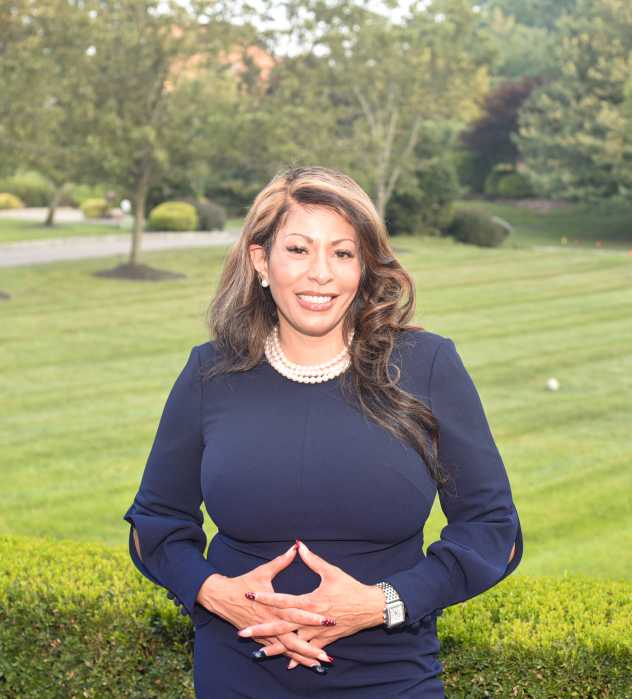
Nichelle Santos
Founder and CEO, CannaCoverage Insurance Services

Nichelle is the CEO of CannaCoverage Insurance Services. Her background in risk management and insurance, regulatory compliance and as a safety engineer in the chemical and pharmaceutical industries, is fit for the cannabusiness industry to protect public health and safety. They provide customized solutions, to protect businesses from financial failure. Nichelle also serves as the NJ state director, Minorities For Medical Marijuana to advocate for social justice, social equity, health equity and public policy.
Do you think there is a stigma around working in the cannabis industry and if so how do you work to overcome it?
As long as cannabis remains on the Schedule 1 Drug list the stigma will remain, causing many complexities in banking, insurance, health care, and in public opinion. The plant must be re-introduced and re-marketed, to counter the “bad rap” cannabis had been given for the past 100 years. We shall alleviate the stigma by advancing federal, state and local public policy; in addition to normalizing discussions in medicinal applications and qualifying conditions impacted by medical marijuana.
How can the cannabis industry work with health care and academic professionals to educate consumers about the benefits and risks of cannabis use?
The collaboration of health care, academia and professionals is what’s necessary to increase research and development; understand endocannabinoids and metastasis; support a cannabis literate society on the benefits and risks; prepare the medical community to effectively prescribe medical marijuana; and scale affordability as a covered employee medical benefit. State and local cannabis taxes are the next economic engine to bring social programs, redevelopment, jobs, and health equity, with an alternative treatment to opioid use and addiction.
Where do you see the cannabis industry in New York 10 years from now?
It’ll be so exciting to witness the rise and global domination of the NY cannabis market. The sheer volume of people who live in New York City and State; NYC as the top tourist destination in the world; the restaurants with infused dinners; the consumption lounges that will create amazing and memorable experiences; the delivery services for ease and convenience, will be contributing factors in the success and the sustainability of the New York market.
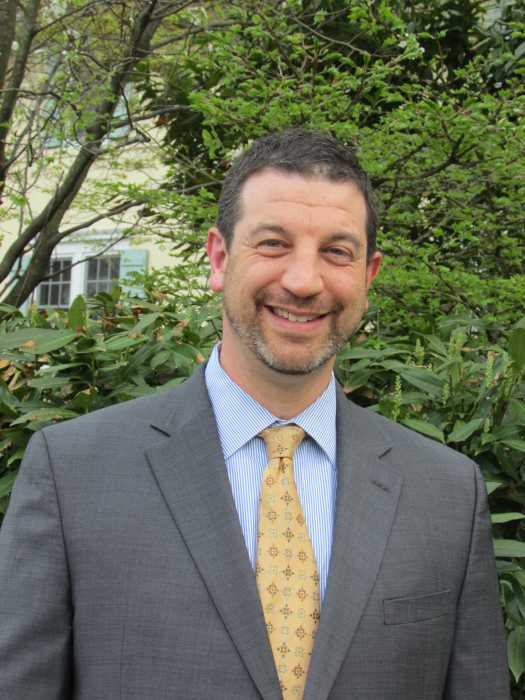
Paul Sarkozi
Chair, Litigation and Dispute Resolution Practice and Co-Chair Cannabis Practice, Tannenbaum Helpern Syracuse & Hirschtritt LLP

An experienced commercial litigator, Paul has been called upon to help clients protect their investments and safeguard their rights in arbitration or litigation when conflicts arise in the CBD and cannabis industries. His firm also provides corporate, real estate and fund structuring support to private equity and hedge funds that invest in cannabis. Paul has lectured extensively about cannabis trends at industry conferences and at ABA, PLI and New York State Bar Association programs.
Do you think there is a stigma around working in the cannabis industry and if so how do you work to overcome it?
Most business clients recognize the need for sophisticated representation when issues of corporate control, unfair competition, breach of contract or enforcement of restrictive covenants arise. They also appreciate counsel’s ability to detect and prove fraud or overcome false narratives when allegations of misconduct occur. Those skills translate well to the cannabis industry, and so, as a litigator, I don’t face much of a stigma for representing clients in an evolving and exciting industry.
How can the cannabis industry work with health care and academic professionals to educate consumers about the benefits and risks of cannabis use?
The greatest challenge in educating consumers about the benefits and risks of cannabis is that so many authors in the space have political, business or philosophical agendas that appear to color the research, analysis or writing of articles. I think the industry would be best served by promoting studies and articles that recognize the complexity of cannabis use and misuse, and are frank about the knowledge we have gained and what is still unknown.
Where do you see the cannabis industry in New York 10 years from now?
Federal legalization will be critical to recognizing the full benefits of the cannabis industry. The tax burdens from Section 280E of the Internal Revenue Code, the banking industry SARS requirements, and the inability to ship interstate and create true economies of scale give legacy market operations a huge advantage. Hopefully, federal legalization will come within ten years and New York will then showcase its advantages as a center of commerce, financial markets and dispute resolution.
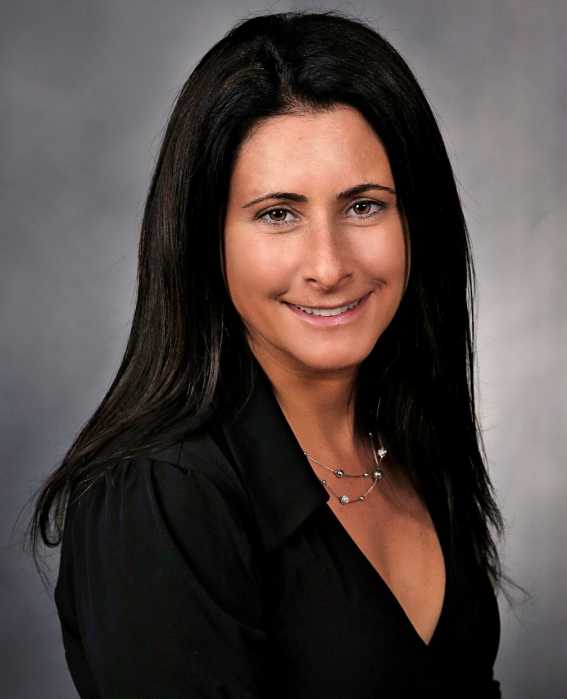
Jill Scher
Partner, Marcum LLP

Jill Scher is a partner at Marcum LLP, a national accounting and advisory firm. Ms. Scher has over 25 years of experience with a cannabis industry specialty, assisting companies with accounting, tax planning and technology solutions. She develops strong relationships, using her diverse experience, technical proficiency, and problem-solving skills to consult wide ranges of industries. Ms. Scher is a sought-after speaker at professional and industry events on a variety of cannabis, business and tax topics.
Do you think there is a stigma around working in the cannabis industry and if so how do you work to overcome it?
Yes, there is still a stigma surrounding the cannabis industry, due to its federal classification as an illegal activity and the historic War on Drugs. The cannabis industry is regulated, legal in most states, with meaningful health and economic benefits. Data, science, and personal experiences eventually will counter negative propaganda, and reduce the stigma so that one day enjoying an edible or joint will be accepted just as having a beer at your local bar!
How can the cannabis industry work with health care and academic professionals to educate consumers about the benefits and risks of cannabis use?
Many people get their cannabis advice through friends or at best, employees at legal dispensaries. Few get advice from physicians, causing missed opportunities for health care professionals to participate in these critical conversations. Legalizing cannabis in more states and Federally would lessen the stigma and wonderful things will happen, including the funding of legitimate research allowing professionals to effectively collaborate and provide accurate, evidence-based information to consumers to promote responsible use and reduce potential misuse.
Where do you see the cannabis industry in New York 10 years from now?
The recent legalization of adult-use cannabis in NY is a tremendous milestone for the industry. The industry is likely to experience significant growth and acceptance because of this legalization. Factors such as regulatory developments, consumer trends, and the competitive landscape will all play a role in shaping the industry’s future. Overall, continued regulatory developments and increased acceptance could lead to increased tax revenue for the states and a thriving industry.

Beryl Solomon Jackowitz
Founder and CEO, Poplar

Beryl Solomon Jackowitz is a cannabis lifestyle expert, advocate, and spokesperson. She is the founder and CEO of Poplar, Your Modern Drug Store, the one-stop shop for curated and elevated cannabis products and experiences. Beryl is your best friend with weed on a mission to make cannabis as socially acceptable as botox and chardonnay through education, honest conversation, and luxury experiences.
Do you think there is a stigma around working in the cannabis industry and if so how do you work to overcome it?
The cannabis stigma is unfortunately alive and well. But it is less about working in the space and more so a stigma about embracing the plant. It is shocking how many industry employees still say “but I don’t use cannabis”. I often comment, however, you do not need to LOVE the plant to support cannabis reform as the movement is about inclusion and freedom – which everyone can stand for independent of personal cannabis use.
How can the cannabis industry work with health care and academic professionals to educate consumers about the benefits and risks of cannabis use?
Cannabis news and education needs to move into the mainstream. We need more research and a dedicated, organized, searchable repository where cannabis research is consolidated, cataloged, and summarized so that consumers can easily find facts about the benefits and risks of cannabis. Currently, the dialogue is often grounded in simply anecdotal evidence because cannabis is not federally legal making research more complicated than it should be.
Where do you see the cannabis industry in New York 10 years from now?
I am hopeful that 10 years from now, the cannabis market and supply chain and regulations will have optimized themselves for New York. Similarly, the industry will hopefully have evolved so that there is something for each customer vs a homogenized race to higher THC content.







